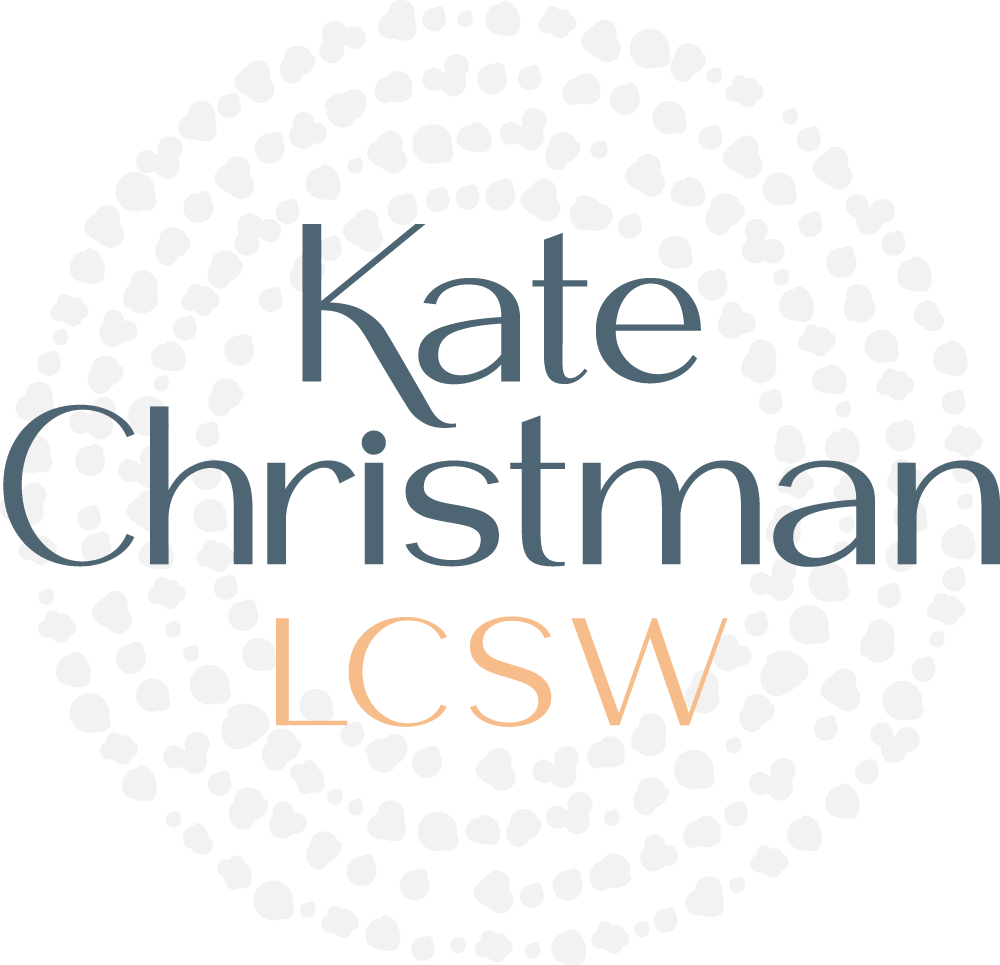Resources and Tips for Finding a Maternal Mental Health Specialist
Making the decision to see a therapist takes both strength and courage.
But once you’ve made the decision comes the work of finding one. I understand how confusing and overwhelming the process can sometimes feel, particularly during what is already a vulnerable and challenging time.
Wherever you are in your pregnancy or parenthood journey, whatever your story may be, there are people out there who would like to help.
Here are 5 tips for finding a mental health provider who specializes in pregnancy and postpartum support. If you live in Georgia and would like to learn more about my practice, please don’t hesitate to reach out. I’d love to hear from you.
1. Seek a therapist with the right experience for your needs.
In addition to a specialization in perinatal mental health, you might be looking for someone with experience in grief and loss, life transitions, birth trauma, infertility, or parenting a special needs infant. There may be certain qualities or identities that you’re looking for in a therapist. Keep all of this in mind as you begin your search. Understanding a therapist’s credentials (the initials after their name) will also provide you with important information. For example, mine are LCSW (Licensed Clinical Social Worker) and PMH-C (Certified Perinatal Mental Health Professional). You’ll also likely encounter LPC, LMFT, and PhD. Psychiatrists have an MD.
2. Reach out within your own support network for recommendations.
Talk to trusted friends and family. Your OB/GYN or child’s pediatrician may keep a referral list. If your child is in the hospital, a social worker may be able to help connect you to a therapist who has experience working with parents of special needs children. There’s no shame in letting other people know that you’re seeking help.
3. Utilize hotlines, warmlines, and vetted directories.
Large online directories can certainly be helpful, but with the number of therapists listed, finding one that meets your specific needs may feel a bit daunting. Be sure to filter your search based on your specific criteria, including specialties, treatment modalities, and insurance options and educate yourself about how the website verifies the information of the therapists they list. There are many perinatal focused organizations, hotlines, and directories that help connect women, birthgivers, and support people to mental health providers. And while the following list is by no means exhaustive, it will hopefully help provide some guidance along your path to support.
Georgia Resources
Postpartum Support International, Georgia Chapter The Georgia Chapter of Postpartum Support International promotes awareness, education, prevention, and treatment of perinatal mental health issues affecting mothers, their families, and support systems in all areas of Georgia.
Local volunteer coordinators can help connect you to a perinatal specialist
Check out their searchable provider directory
Northside H.E.A.R.T.strings Perinatal Bereavement and Palliative Care Program H.E.AR.Tstrings provides support to families experiencing the death of a baby and the loss of a pregnancy due to miscarriage, ectopic pregnancy, stillbirth, premature delivery, neonatal death, and support following termination due to problems with the baby or the mother.
Georgia Crisis and Access Line
Phone: 800-715-4225 (English and Spanish)
In addition to providing 24/7 crisis support, GCAL can help individuals in a non-emergency by connecting them with a state funded mental health provider in their area, including providers who take Medicaid. They also help with urgent appointment services. Here’s a link to the GCAL online provider directory.
National Resources
National Maternal Mental Health Hotline
Call or text 1-833-TLC-MAMA (1-833-852-6262)
TTY users can use a preferred relay service or dial 711 and then 1-833-852-6262
Provides 24/7, free, confidential support before, during, and after pregnancy
Phone or text access to professional counselors, response within a few minutes, 24 hours a day, 7 days a week
Referrals to local and telehealth providers and support groups
Counselors who speak English and Spanish
Interpreter services in 60 languages
Postpartum Support International
Warmline: 800-944-4773 (#1 Español, #2 English)
Text Help: 800-944-4773, En Español: 971-203-7773
Directory of Providers specializing in perinatal mental health
State Coordinators that can connect individuals with perinatal mental health providers in their region
Specialized Coordinators focused on finding support for a wide range of roles, identities, experiences, and challenges
Extensive list of virtual support groups
Return to Zero H.O.PE. Provides information and support for grieving parents, providers, and family & friends.
Inclusive and holistic in their approach to loss: miscarriage, termination for medical reasons, stillbirth, infant or toddler death, loss through surrogacy and failed adoption
BIPOC and LGBTQ+ specific supports and resources
Provider Directory organized by state
4. Reach out to a few therapists to schedule a consult call.
Bring your questions. You might ask about their credentials, background and training, as well as their approach to practice. Logistical questions about insurance, fees, and the types of services they provide are also important. Remember, you’re seeking a service and don’t have to feel shy about asking questions. Right now, the priority is for you to find the best help for your needs.
5. Keep in mind that this is a process.
You may feel an almost immediate rapport with a therapist, or maybe after meeting them a few times you find that they’re not the right fit for you. Both are okay. Your therapist should not only be understanding of this, but they should be willing to provide you with referrals to other providers that might be a better fit.
Remember, you are strong and resilient. You are worthy of support and there is help out there for you.
If this is an emergency and you are experiencing a mental health crisis, please contact: Suicide Prevention Lifeline | 988 or 911.
In Georgia, you can also contact the Georgia Crisis and Access Line | 1-800-715-4225.
This information is provided solely for general informational and educational purposes. This information is not intended to replace or constitute personalized clinical information, advice or treatment.
